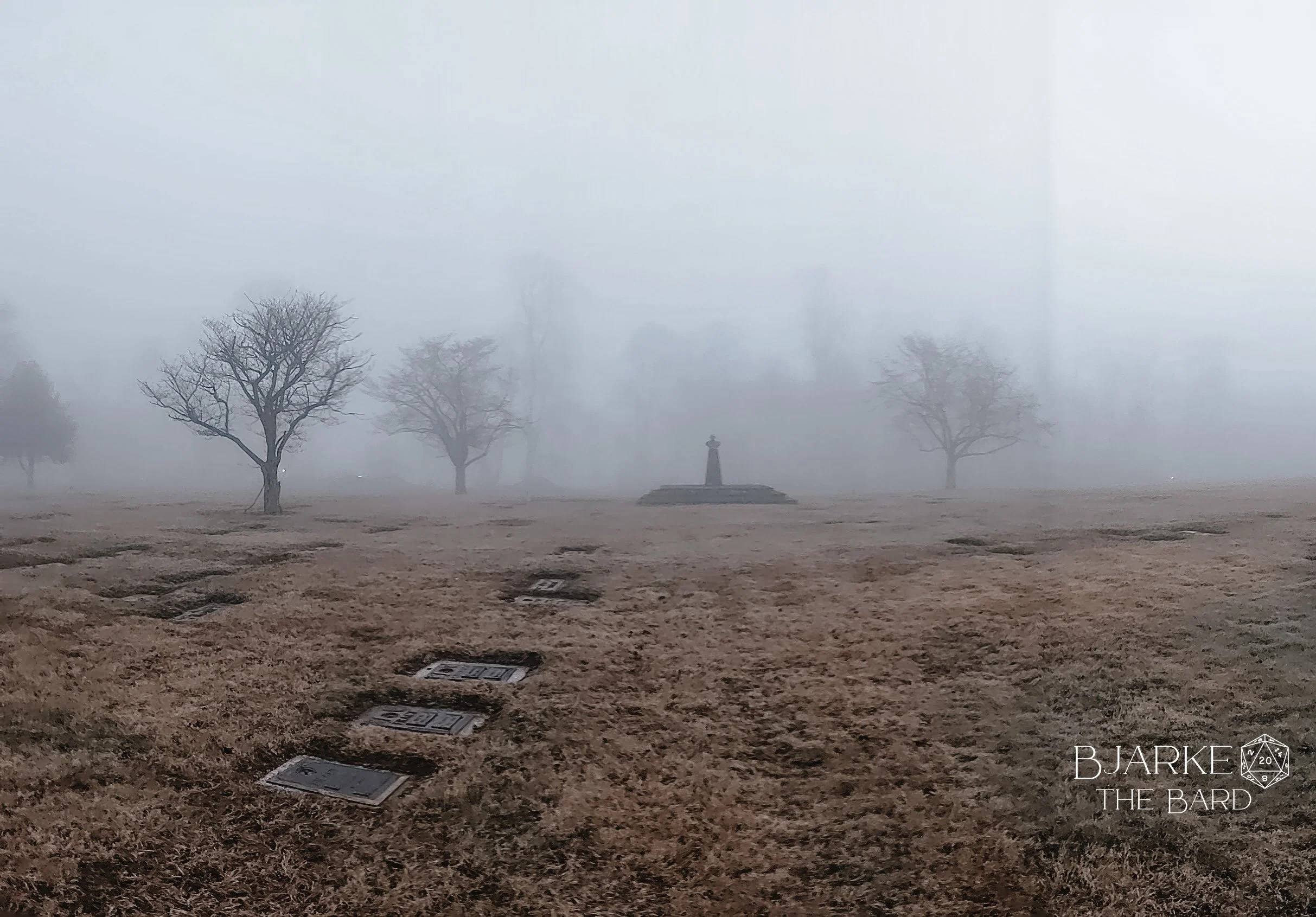Dealing with Burnout
If you DM long enough, you will most likely experience burnout. It has happened at some point to most DMs I know. Running a game, while fun and rewarding, is a lot of work both in and out of session. Couple that with the stresses of everyday life and sometimes it can be a lot to manage. It is important to acknowledge the signs of burnout, figure out where they are coming from, and address them.
Identify Burnout
Identifying the symptoms of burnout is the first step. Signs that you are starting to hit that wall can differ from person to person. Some of these symptoms can include repeated issues prepping, lack of enjoyment from the sessions, or even the frustration when the outcome does not match your expectations. That is not to say that just because you had a bad session, or had a tough time preparing, that you are having burnout. These all can pop up from time to time. When they become a regular occurrence that is when it might be a sign of something larger.
For me, the biggest flag for me is when I have repeated trouble doing my session prep for the week. I have ADHD, so I struggle with executive functions. Since that is the case, I have my schedule, with included reminders, to make sure that I am on track for my weekly games. It will usually start as a delay but can snowball into me struggling to get my notes sorted out on game day. When I experience burnout, one of the first signs for me is having repeated cases where I struggle to meet my own personal deadlines.
What is the cause?
Once you feel you are experiencing burnout, the next step is to figure out why you are and what is causing it. The cause of the burnout can vary depending on the person and situation. Sometimes it is entirely related to running the game. Running a campaign is an enormous responsibility. There are a lot of tasks that you need to take care of in order to make your game happen. You need to handle preparing for the actual session itself, determining NPCs and balancing out combat encounters. You also need to deal with the managerial side of the game as well, such as attendance and the occasional intra group conflict. All together, it can be a very work intensive job to take on, and one that can use up a chunk of your time and energy.
Burnout causes can also be entirely unrelated to the game as well. Pressure at work from a deadline or demanding project can drain your energy during the day. Illness or other tragedy in the family or yourself can soak up your time, focus, and energy as well. Even the current events can weigh heavily on your mind, making it hard to get yourself into the fantasy world you are building with your table.
I usually find that it is a mix of the in-game and out-of-game that will make me feel a little worn out about running a game. I might have a large amount of prep because the party is entering a new area that feels daunting and overwhelming. A work deadline might come up quickly, and the worry of meeting it invades my prep time mind. That mix of game and world stress can be enough to wear me down, and make it hard for me to focus on running the game. But once I know what the causes are I can figure out how to deal with them.
Resolving Burnout
The first and probably hardest step after acknowledging you are feeling burnt out is to communicate this with your table and postpone your sessions. It can be the hardest thing to do, but it is the best first step to take. As a DM, sometimes I can get caught up in the feeling that I am letting my table down by taking time off, and that if I just power through the feelings, they will go away. Sometimes this can work temporarily, but it does not resolve the issue in the long run. I can confirm that most of those times I just kicked that metaphorical can down the road a bit. Those symptoms would pop up again in a few weeks or a month, sometimes worse than they initially presented. Ultimately, you are feeling this way now, and it’s important for your overall well-being to deal with it.
One thing that can prevent DMs from stopping is the fear that by pausing your campaign, your game will come to a stop. That the momentum of continued play keeps you going is a genuine struggle. It is something I worry about and is why I put so much effort into preventing my games from being unexpectedly canceled. But you can combat that fear through communication and accountability. When you feel worn out and think you need a break, tell your table. Most players understand that the job of DMing can be a bit of a burden sometimes. They will definitely understand why you are taking the time off. It is also a way to get a feeling of accountability so that you can better ensure your return. By telling your table how you feel, and that you want to take a temporary leave from what you are doing, you have given yourself a table full of individuals who can help make sure that you do eventually come back.Alternatively, you can use someone outside of the game. A friend, spouse, or even reminders on your calendar to make you feel like this is not the end, because it definitely does not have to be the end.
Something else to remember is that just because you are pausing your campaign, you do not have to stop meeting up regularly. This can be a great opportunity for everyone to get a break and try something different, but still do it together. Some options can be to play a board game, watch a movie, or even have one of your players run things for a bit. Sometimes switching from DM to player can be the most beneficial option. If you have a player who wants to take a turn running the game, it’s a great opportunity for them to get that chance. For a lot of DMs, this can be the rare opportunity to break out a character idea you have had for a while, and enjoy the change in actions when at the table. If you play a quick game, confirm with all involved that this is indeed a temporary situation. It's exciting to have the changeup, but often you do not want to have this new adventure take the place of the campaign you have put time and energy into.
Now that you have postponed your game and potentially come up with something else to take its place, it is time to address the cause of the burnout. Sometimes it can be as simple as you have been DMing for a while, and just need a break. I have been running a weekly game since Fall of 2020, and our group has played pretty consistently in that time. I truly enjoy DMing, but the constant effort that needs to go in can leave me feeling a bit worn out. So sometimes it's as simple as needing some time off. If that is the case, I usually stick to that, and come back feeling recharged. This can also be a great opportunity to look at your prep methods and make sure it is still working for you. Something that worked initially might change based on how the rest of your life is going. You may no longer have an entire weekend day to prep, so it makes sense to break it up into a few evenings. Taking the time off to look at your methods, adjust, and slowly ease back into the cycle of prepping can be incredibly useful long term, and help keep your stress levels down.
If the stress is coming from outside of DnD, it might take a bit more work to figure out and resolve. A great example can be a change in your schedule because of a change in your life or a temporary emergency. Maybe you started a new job and the work of learning the new environment and the different commutes is draining you. Or maybe a loved one, human or furry, has had a medical issue that requires both time and energy. In those situations, it may be a case of needing to just take time off until the situation has been resolved or you have adjusted to the change in your life. This can be a very personal situation, so it will usually take your own personal thoughts to confirm.
Prepare for Return
Once you decide you are ready to return to the table, it is time to let your players know. You will want to sort out when your next regular game will be and make sure everyone is ready. If you have someone running a quick game in your absence, you will want to reach out separately and coordinate with them. You want to take back over, but should also let the interim GM work on shutting things down in a way that is satisfying for everyone involved.
A return to play is also a great time to have a check in with the players if you have not done so in a while. A “Session 0.2” as I call it is a great time to see how the entire table is feeling about the game, both in and out of character. Take this opportunity to make sure that everyone is enjoying themselves and they can make any changes that need to be made before proceeding with your regularly scheduled game. It’s also a nice, low-stress return to your regularly scheduled fun. Sitting down to do a debrief can be a nice casual change of pace that can ease any butterflies you might get from getting back to the table.
Final Thoughts
Just because you experience burnout, it does not make you any less of a DM for it. Stress is a regular part of life, and sometimes that stress can make it hard for you to take on running a game. How you handle drain is important. You want to identify the symptoms so you know when it’s happening. Once you believe you are getting burnout, its time to pause the regular game and assess. Once you have identified the cause, taking the time to recover and address the issues is key. Then you can return to having fun at your table, feeling like you can handle it. Taking these steps helps both minimize any problems that arise from burnout, and improve your overall mental health.
What do you do when you feel drained? How does your table address it? I would love to hear. Let me know what you think below!

